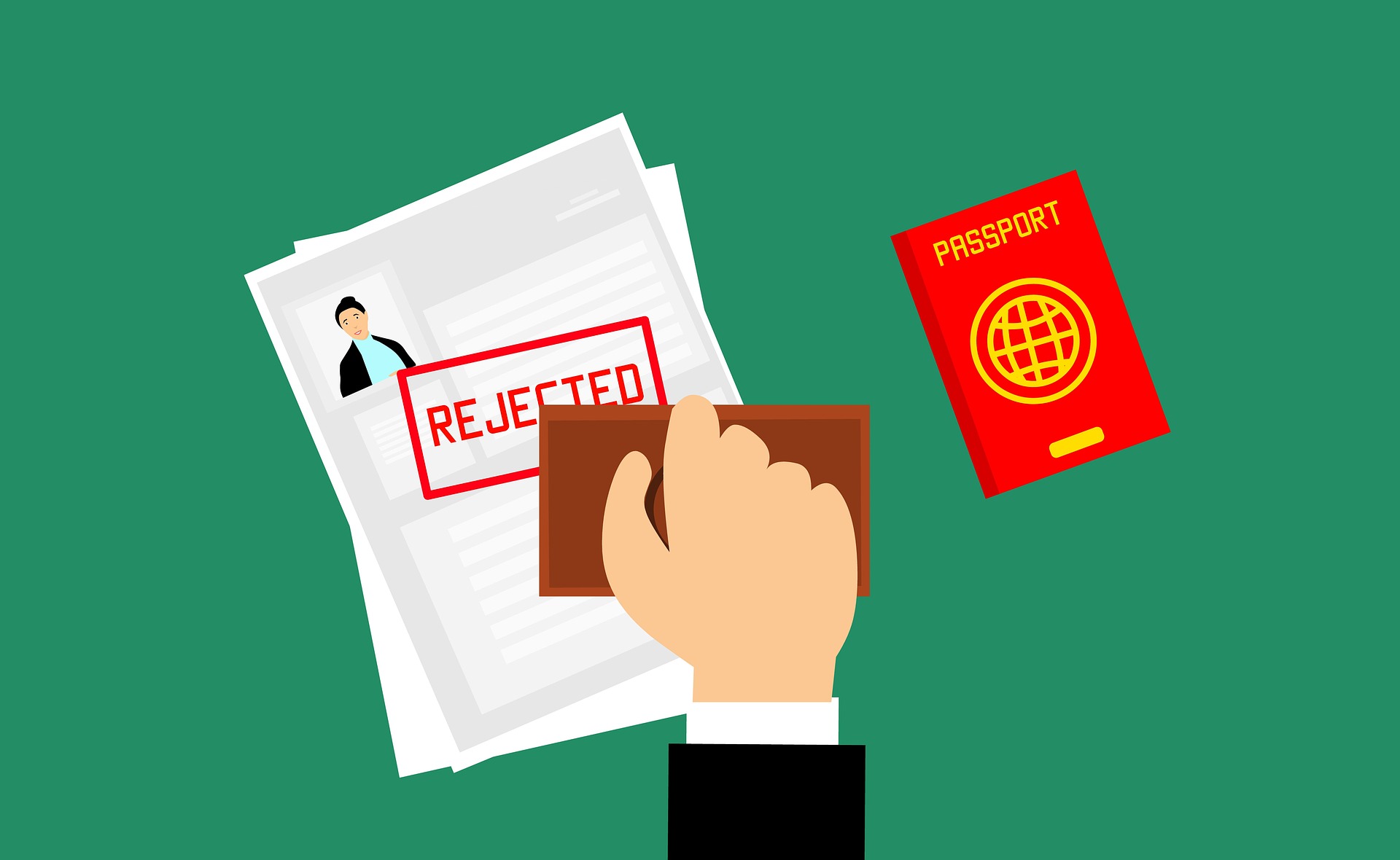Welcome back to Visalawyerblog! We hope you had a wonderful Christmas break with your families.
In this blog post, we share a new update from the State Department regarding the continuation of its interview waiver policy for certain nonimmigrant visa types.
In a new announcement, the Secretary of State has revealed that it is extending its interview waiver policy for certain nonimmigrant visa types until December 31, 2023, allowing Consular officers to continue to waive the in-person interview requirement for certain classes of immigrants.
What is the extension all about?
As you might recall back in December of last year, the State Department first announced its interview waiver policy for temporary workers applying for H-1, H-3, H-4, L, O, P, and Q visas in their country of nationality or residence, following USCIS approval of their petitions.
The State Department has now confirmed it will continue its interview waiver policy until at least the end of 2023.
Who qualifies?
Interview Waiver Policy for H, L, O, P, Q visas
Pursuant to the interview waiver policy, Consular officers have the discretion to waive the visa interview requirement for:
- individual petition-based H-1, H-3, H-4, L, O, P, and Q applicants who were previously issued any type of visa, and that have not had any visa refusal or ineligibility issues in the past OR
- first-time individual petition-based H-1, H-3, H-4, L, O, P, and Q who are citizens or nationals of a country that participates in the Visa Waiver Program (VWP), provided that they have no ineligibility issues and have previously traveled to the United States using an authorization obtained via the Electronic System for Travel Authorization (ESTA)
 Visa Lawyer Blog
Visa Lawyer Blog






